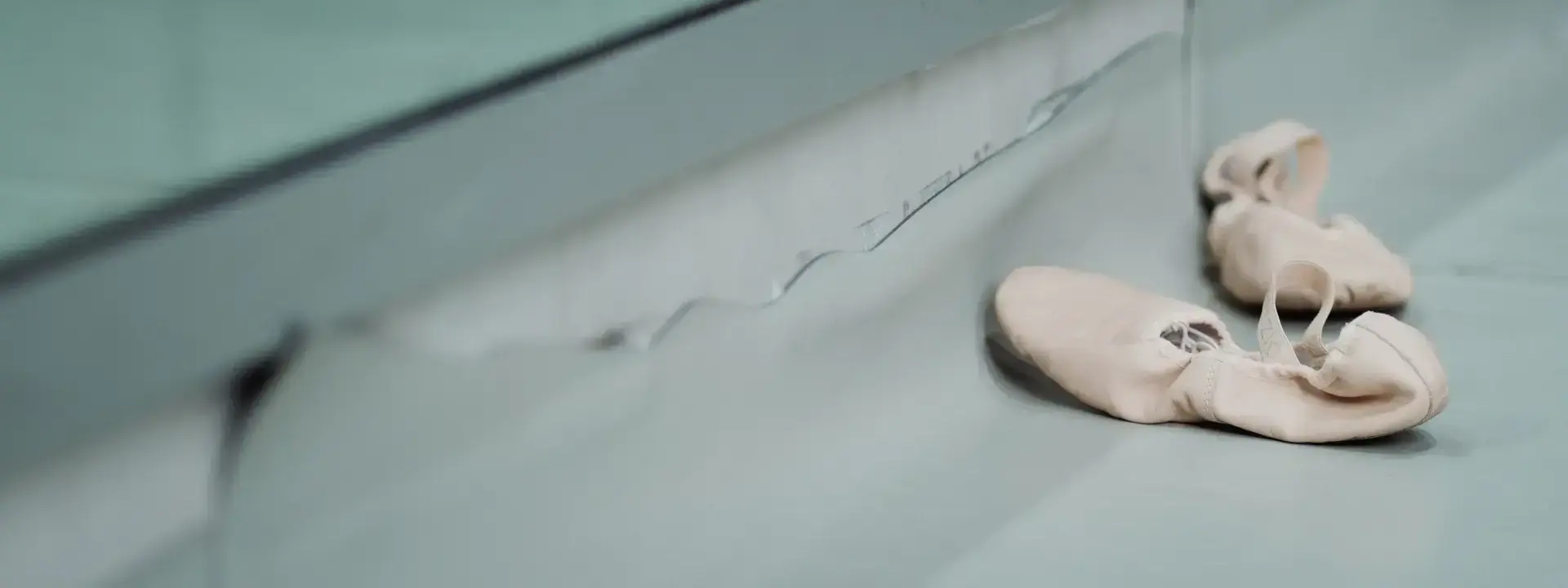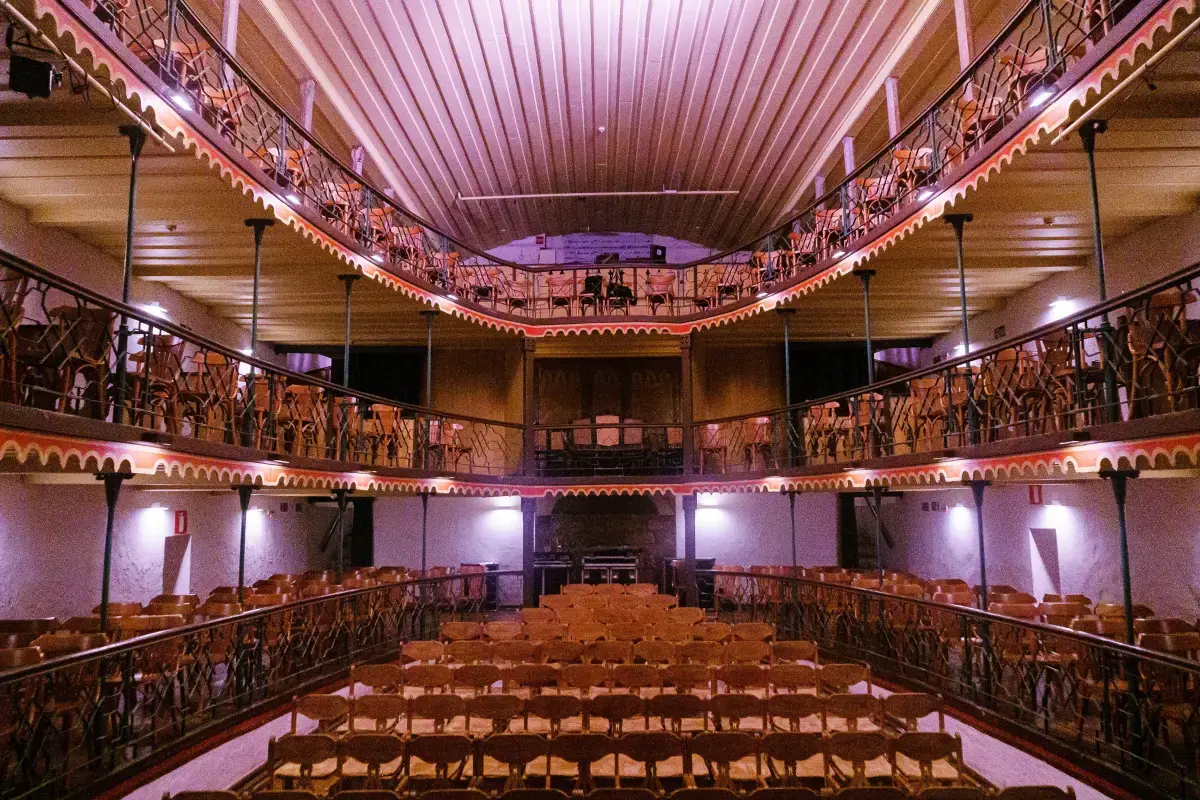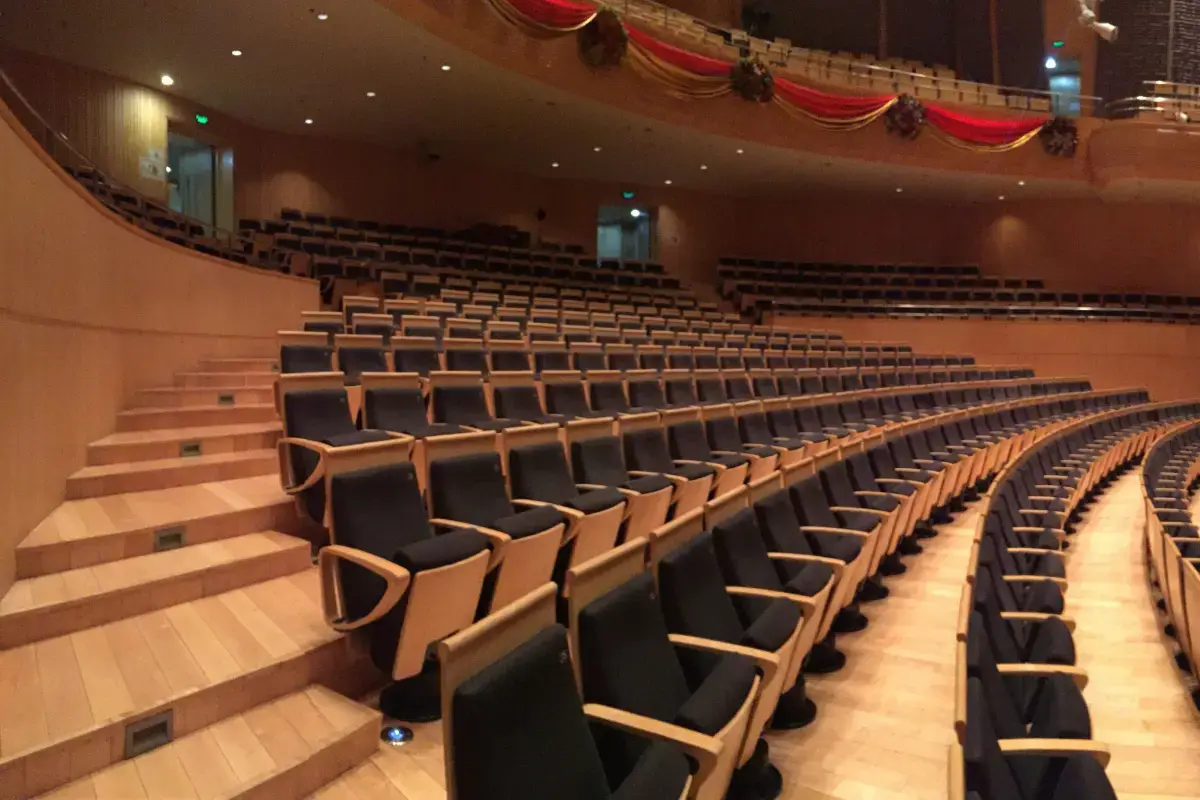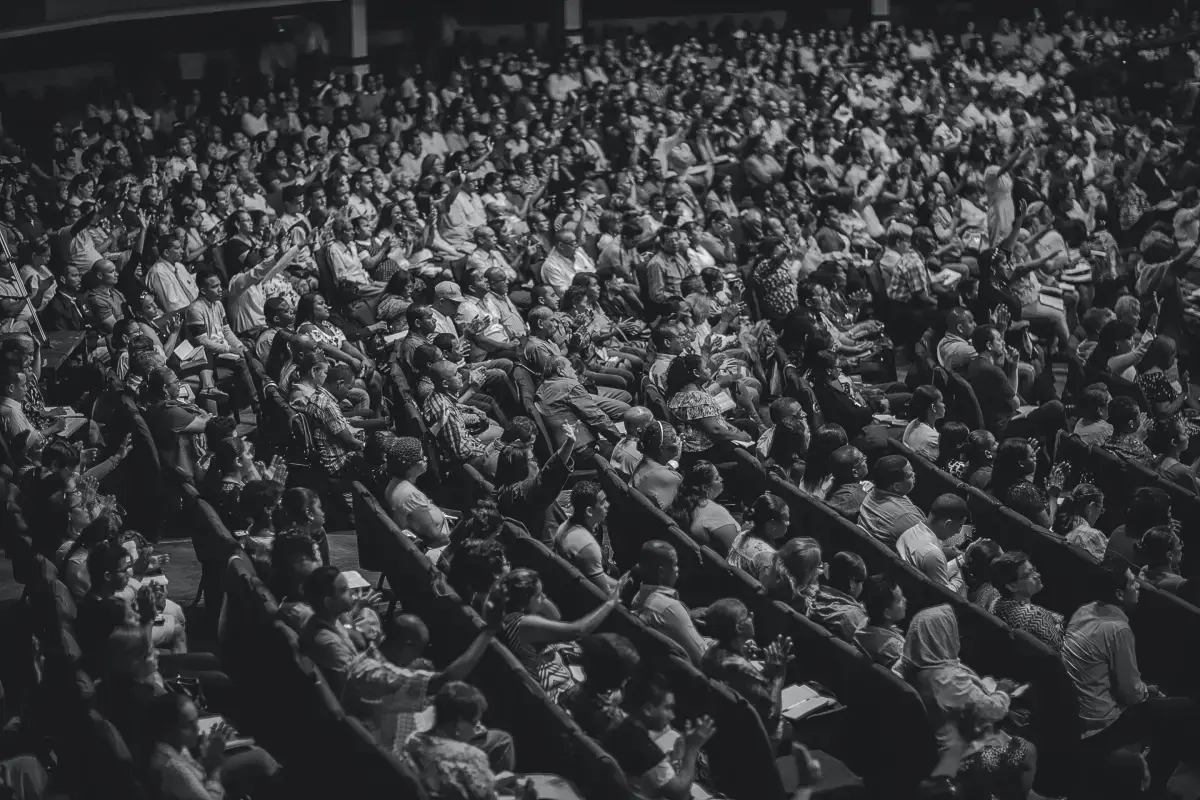
Flyperson Job Description
What is a Flyperson Professional?
A flyperson is a member of the grip department on a movie set. Grips are responsible for setting up and maintaining all the equipment that makes the lights work on a set. This includes lighting rigs, generators, power distribution, and anything else that has to do with keeping the lights working. Flypersons are specifically responsible for moving and setting up lighting rigs. This involves physically flying the rigs around the set (hence the name) and attaching them to whatever support system they will be using.

What does a Flyperson Expert do?
Flypersons must be strong and agile, as they are constantly lifting and moving heavy equipment. They must also be very careful, as one wrong move could cause damage to expensive equipment or even injure someone on set. In addition to their physical strength, flypersons must also have a good understanding of how lighting works in order to properly set up and maintain the rigs. The job of a flyperson is essential to any production that involve shots with artificial light. Without flypersons, crews would not be able to produce quality footage without spending an exorbitant amount of time setting up each shot individually. Flypersons save productions time and money by being able to quickly and efficiently set up complex lighting setups so that shooting can begin immediately

What are the Skills of a Flyperson?
A flyperson is responsible for the safety of the actors and crew during the filming of a movie or television show. They must be able to keep track of where everyone is at all times and make sure that they are safe. Flypeople also need to be able to communicate well with others, as they will often be working with different departments on set. Furthermore, flypeople must be physically fit and capable of lifting heavy equipment, as they may occasionally need to help move set pieces around. A flyperson is responsible for the safety of the performers and audience during a live show or event. They are in charge of operating the flying equipment and making sure that it is safe to use.

What makes an Expert Flyperson?
Flypersons must have a strong understanding of physics and mechanics, as they need to know how to safely operate the equipment. They also need to be able to think quickly and make decisions under pressure, as they may need to respond to emergencies. Flypersons typically start their careers working in small venues or events, before moving on to larger ones. They may also work as part of a team or crew, responsible for setting up and operating the flying equipment. In some cases, flypersons may also be responsible for training other crew members on how to operate the equipment safely.

What level of Experience & Qualifications are required to be a Flyperson?
Industry Experience: 1. At least 5 years of experience in the theatre industry, preferably as a flyperson or stagehand. 2. Knowledge of rigging and counterweight systems, including safety protocols and procedures for operating them. 3. Familiarity with theatrical lighting equipment and its operation, including dimmers, consoles, and other related components. 4. Ability to read technical drawings and diagrams related to rigging systems and lighting equipment setup/operation. 5. Understanding of basic physics principles related to the movement of scenery pieces on stage (e.g., momentum, force). 6. Proficiency in using hand tools such as wrenches, pliers, screwdrivers etc., for maintenance purposes or installation/removal of equipment from the fly system or other areas on stage/in the theatre space itself (e.g., ladders). Training: 1. Completion of a formal apprenticeship program in theatre production technology or equivalent training program approved by an accredited institution (e.g., union-sponsored programs). 2 Qualification from a recognized organization such as ESTA (Entertainment Services & Technology Association) or PLASA (Professional Lighting & Sound Association) that demonstrates proficiency in rigging operations and safety protocols for working at height with counterweight systems etc.. Qualifications: 1 .Certificate IV in Technical Production – Theatre Flyperson issued by TAFE NSW or similar qualification from another accredited institution is highly desirable but not essential depending on level of experience already held by applicant; alternatively completion of an appropriate short course may be accepted if it can be demonstrated that sufficient knowledge has been acquired through prior work experience etc.. Education: 1 .High school diploma is required; post-secondary education in technical production is preferred but not essential depending on level of experience already held by applicant

What is the Salary of a Flyperson?
The salary expectations of a flyperson can vary greatly depending on the level of experience and expertise. For junior flypersons, salaries typically range from $25,000 to $35,000 per year. These positions usually require some basic knowledge of rigging and safety protocols as well as an understanding of how to operate various types of equipment. Junior flypersons may also be responsible for assisting with set-up and tear-down tasks. At the mid-level, salaries can range from $40,000 to $60,000 per year. Mid-level flypersons are expected to have a more comprehensive understanding of rigging techniques and safety protocols as well as experience operating complex pieces of equipment such as winches or hoists. They may also be responsible for supervising other crew members during set-up or tear down tasks. Senior flypersons typically earn between $65,000 and $90,000 per year depending on their level of expertise and experience in the field. Senior flypersons are expected to have extensive knowledge in all aspects related to rigging including safety protocols and operation procedures for complex pieces of equipment such as cranes or lifts. They may also be responsible for overseeing all aspects related to rigging operations including scheduling personnel resources and ensuring that all safety regulations are followed at all times.

What are the Working Conditions for a Flyperson?
A flyperson is responsible for the operation of the rigging system in a theatrical production. This includes setting up, operating, and maintaining the equipment used to move scenery, props, and other elements during a performance. The flyperson must be able to work quickly and accurately while following safety protocols. The general working conditions for a theatre flyperson vary depending on the production they are working on. Generally speaking, they will need to be comfortable working at heights as well as with heavy machinery such as winches and pulleys. They should also have good communication skills in order to effectively communicate with other members of the crew. Flypersons typically work long hours during tech rehearsals leading up to opening night of a show. During performances, they may be required to stay late into the evening or even overnight if there are technical issues that need addressing or changes that need making mid-show. In addition to their technical duties, flypersons may also be asked to help out with other tasks related to running a show such as helping set up props or assisting backstage crew members when needed. Safety is paramount when it comes to being a theatre flyperson so it’s important that all safety protocols are followed at all times while on duty in order ensure everyone’s safety both onstage and offstage alike!

What are the roles and responsibilities of a Flyperson?
Serve as a liaison between the director and the crew
Assist with rigging and de-rigging equipment
Help to set up and strike sets
Operate spotlights during filming
Signal cues to actors during scene changes
Adjust stage lights as needed
Manage crowd control during shots that include extras
Keep track of props and furniture on set, making sure they are returned to their proper place after each take
Ensure that cast and crew have everything they need (e.g., water, snacks)
Transport equipment from one location to another
Organize paperwork related to the shoot
Complete insurance forms
Coordinate travel arrangements for cast and crew
File work permits
Maintain communication with other departments (e.g., accounting, purchasing)
Ensure safety standards are met
Keep an eye on the budget
Handle customer service inquiries
Solicit feedback from cast and crew
Document problems or concerns that arise during production

Where can I find Flyperson jobs?
- Create a profile on gigexchange and promote your Flyperson skills to advertise you are Open to New Work Opportunities
- Ensure your Resume (or CV), or online work profile is up to date and represents your skills and experience. Ensure your reputation reflects your ability & attitude.
- Apply for Flyperson Jobs advertised on gigexchange.
- Practise Flyperson interview techniques to ensure you represent your personality and ability succinctly and confidently.
- Accept the job offer if the salary meets your expectations and the employer mission and purpose reflects your core values.
Jobs
What are the best job boards for Flyoperator jobs?

How can I hire Flyperson staff online for my business?
The best job board for recruiting Flyperson experts is gigexchange.com. Advertise full-time, part-time or contract jobs to find, hire & recruit trusted, experienced and talented Flyperson candidates near you.

Are Flyperson roles in demand in 2026?
Flyperson experts are still in high demand in 2026. If you are an experienced Flyperson or looking to train and become one. The job market is looking strong for Flyperson jobs near me.